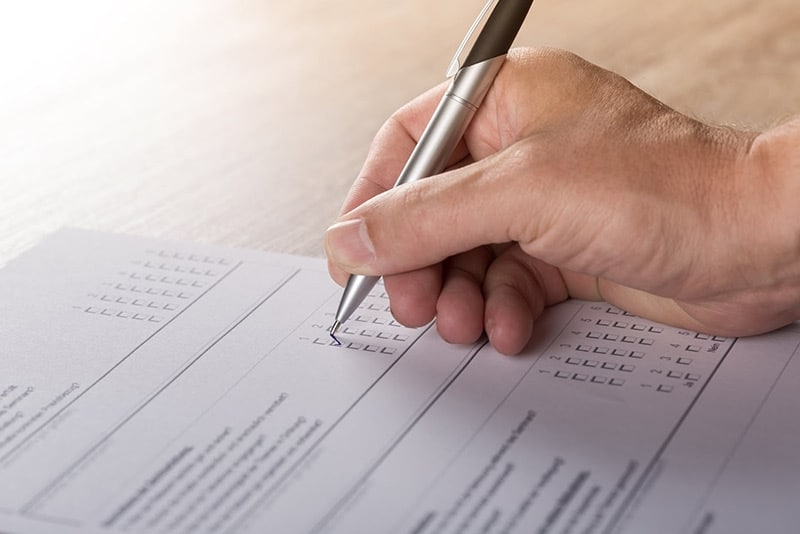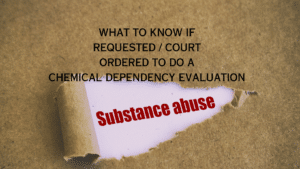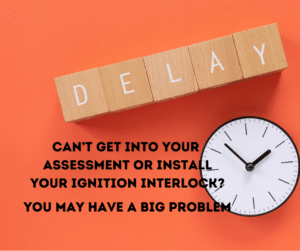
Nearly all of our DUI defense clients will seek a drug and alcohol assessment. The court may order the evaluation or the client may choose to seek an evaluation to show she is proactive in determining whether substance abuse is an issue. As would be expected, most people are nervous and unsure about how an assessment will be handled. Often, it is the first time most clients have any interaction with the legal system and they will be anxious about being judged by a drug and alcohol counselor.
Some people feel more at ease if they know what to expect at the evaluation. Not all evaluations are the same but here are some common issues the counselor will be addressing.
Common Issues:
1. The counselor will look at the criminal complaint to determine the nature of your criminal charge.
2. The counselor will look at your criminal history. Basically, they are trying to verify whether this criminal charge is your one and only legal issue or if there is a pattern of similar behavior. From this history, they may extrapolate whether drugs or alcohol are contributing to this pattern.
3. The counselor will look at the police narrative, which is the “story” of your arrest. From this, the evaluator can determine how impaired you presented during the event in question. For example, if you appeared to have no impairment and conducted yourself “normally” but your BAC was very high, this might be indicative of long term alcohol consumption in which you become conditioned to functioning with a high level of alcohol in your system.
4. In the context of a DUI, the counselor will want to see the breath test ticket. Again, this is to look at how much you drank on a particular occasion. The higher the amount, the more likely they are to recommend treatment.
5. They will perform a UA screen to determine if you have consumed alcohol within 24 hours of your evaluation or have smoked marijuana within the previous 30 days.
6. The counselor will ask about your frequency of drinking alcohol or using marijuana each week. The more frequently you use, the more likely the counselor will find you have a substance abuse problem.
7. The counselor will ask you about the number of drinks it takes you to feel affected by alcohol. They are trying to get a baseline of how alcohol impairs you and whether that baseline has changed over time. In other words, does it take you significantly more alcohol to feel impaired than it did in years past?
8. There will likely be some other preliminary questions regarding family history and whether other members of your family have an issue with substance abuse. This may show a predisposition to a substance abuse disorder.
9. Work history and personal life will also be discussed. The counselor is assessing whether alcohol or drug use has negatively impacted your professional life or personal relationships. For example, they may ask if you have been “written up” at work for coming in late or being impaired while on the job. Additionally, they may be curious to know whether a loved one has already asked you to seek treatment.
Check With Your Attorney
If you have questions about a drug and alcohol assessment, you should check with your attorney for further information and guidance. It is important to be honest with your evaluator so you can get the help you need but also so that you do not appear deceptive to the Court.

Get help now
Whether you choose to handle your case alone or engage the Witt Law Group, being informed and prepared is essential. Early involvement of an attorney can significantly impact your chances of a fair recovery, allowing you to focus on healing while we handle negotiations with insurance adjusters to secure fair compensation for your injuries.



